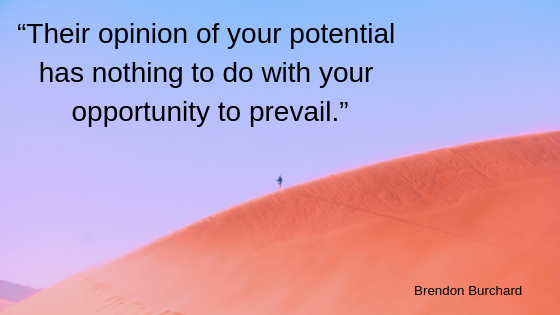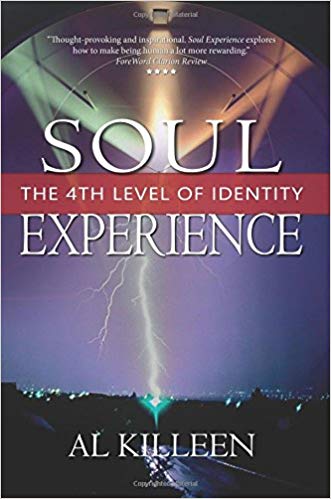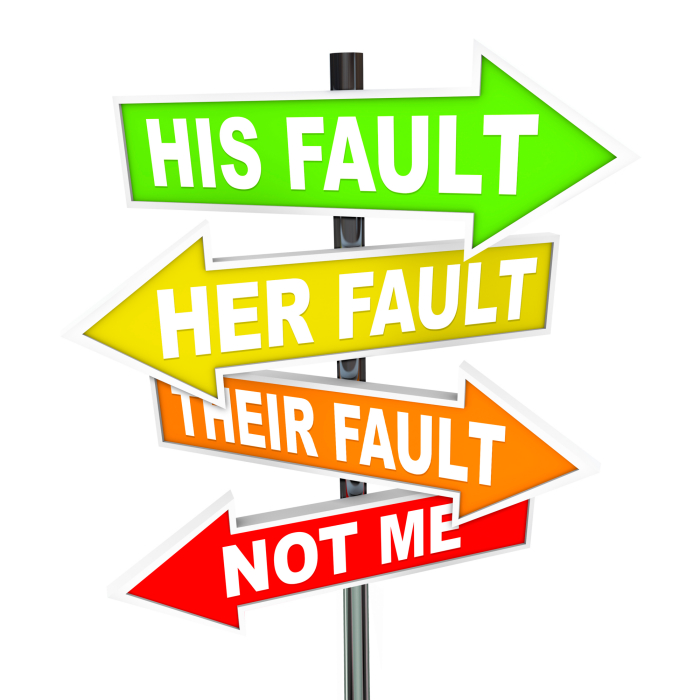“Who needs me on my ‘A Game’ the most right now?”
—Brendon Burchard, High Performance Author

Image from verywellfamily
Brendon Burchard is a best-selling author and one of the world’s leading High Performance coaches. His latest book, High Performance Habits, was one of Amazon’s top three best business and leadership books of 2017.
Today’s quote hits home for me personally and professionally. Throughout my life I’ve observed that most everyone desires and is committed to contributing to others. This focus seems to be universally required to live a full and meaningful life.
EXERCISE:
Where are you currently operating well below your “A” game and fullest potential?
Who specifically in your world needs you at your very best?
What specific efforts are required to make this level of contribution?











